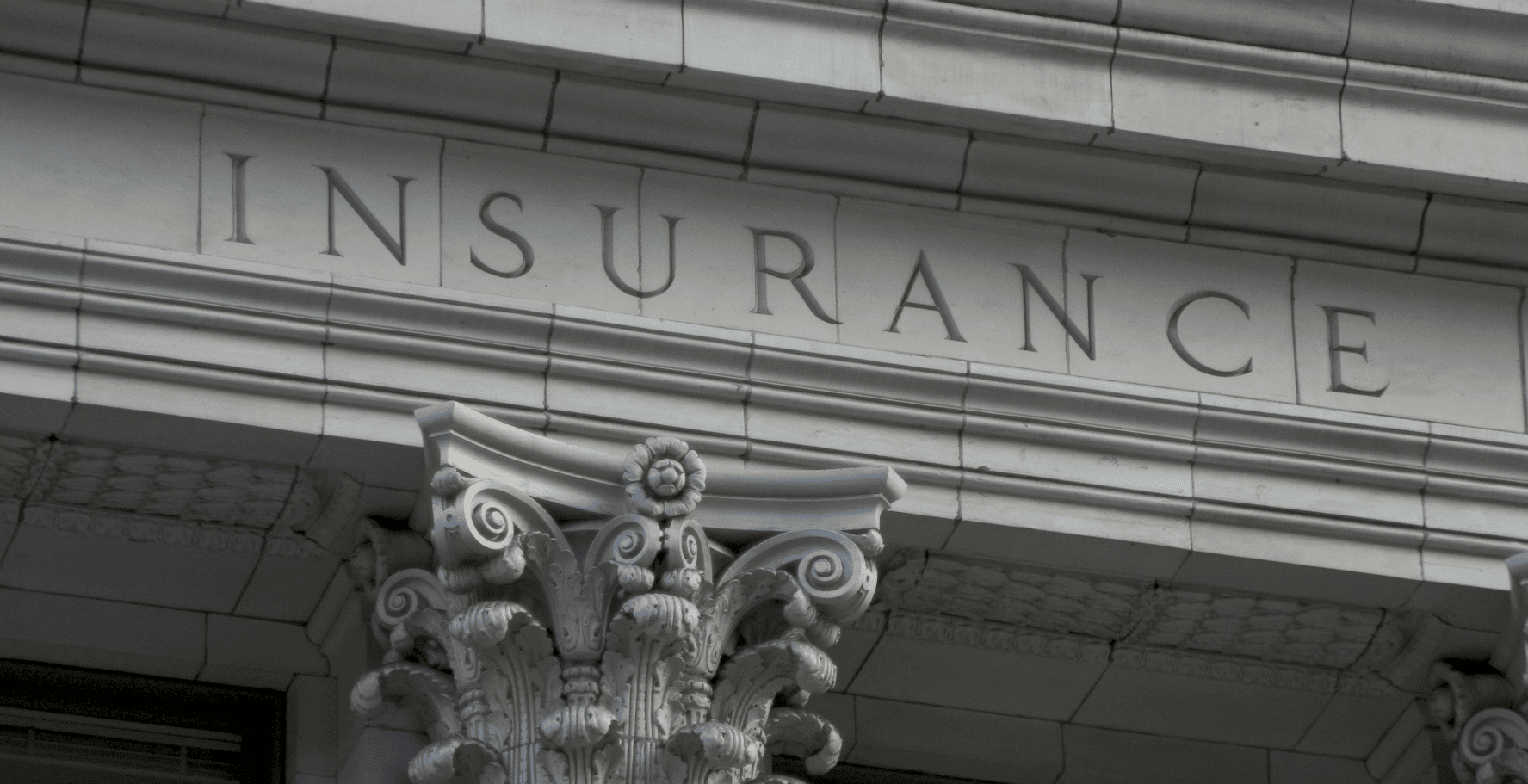Why Is Auto Insurance Required By Nevada Law?
Auto Insurance is NOT optional in Nevada. If you drive a vehicle on Nevada roads, it MUST be insured. Another reality… auto insurance is expensive. If you own a vehicle, but it is stored and have no intention of driving it, you must turn in the vehicle’s license plate to the NV DMV. Nevada requires that automobile liability insurance policies carry minimum coverage of $15,000 for bodily injury or death of one person in any one accident; $30,000 for bodily injury or death of two or more persons on any one accident; and $10,000 for injury to or destruction of property of others in any one accident.
If you think about it, $15,000 for bodily injury of another person will cover the cost of and then wants and a couple of aspirin in the emergency room. If the injured victim has medical expenses that exceed $15,000, it is entirely possible for that individual to bring a lawsuit against you to recover the additional medical expenses not covered by your automobile insurance.
In addition, please note that medical insurance for yourself is not mandatory in Nevada. So if you were to be injured in a motor vehicle crash and you have inadequate private medical insurance, you will be held responsible for all medical care provided to you. So I would encourage you to check with your insurance agent and evaluate whether you should consider adding medical insurance to your policy and whether to increase your coverage for another person’s bodily injury.

If you are driving a vehicle whether under supervision or not, Nevada law requires that automobile liability insurance policies carry minimum coverage of $15,000 for bodily injury or death of one person in any one accident; $30,000 for bodily injury or death of two or more persons in any one accident; and $10,000 for damage or destruction of others property in any one crash.
The cost of emergency department does not include the cost of the ambulance, doctors and other medical specialists. So, the legal minimum of $15,000 bodily injury coverage may not be adequate to cover a major injury.
Insurance In Nevada. Men and women drive as they live.
Insurance premiums are not only tied to your driving history, car model, neighborhood and so forth, but also to your credit score. Credit scores are thought by insurance companies to correlate with a person’s potential crash risk. So, before you accept any credit card offer, be sure that you can cover the payments for purchases you make. Bad credit will increase the cost of auto insurance premiums.
Your automobile insurance must be enforced and uninterrupted while the registration for the vehicle remains in your name. There is no grace period when your insurance coverage lapses. A first offense for letting your automobile insurance lapse is $250 per vehicle. And if you let your insurance lapse over 90 days you will be required to provide an SR 22 to the Nevada DMV. Your insurance company can charge you from $150 up to $265 for an SR 22. It is not inexpensive when you allow your automobile insurance to lapse.
If you are a slow learner and allow your insurance to lapse a 2nd time, the reinstatement fee for your registration will total $500 per vehicle.
For some individuals who are real slow learners, a 3rd lapse in automobile insurance will cost a reinstatement fee of $750 and a fine ranging from $500-$1000. There is no grace period. Your insurance company cannot backdate your lapse. Allowing your insurance to lapse is a very expensive oversight.
When registering your vehicle, the vehicle owner must present evidence of current insurance on that vehicle. This requirement is valid whether you are registering a vehicle for first-time, renewals, reinstatement or license plate changes. And proof of insurance must be carried in your vehicle at all times and presented to any law enforcement officer upon request.
If you are stopped by law enforcement without proof of auto insurance, you will be issued a citation. Keep in mind that a law enforcement citation is completely separate from any DMV action. You must take care of the citation with the court listed on it and then resolve the DMV issues separately.
![]()
Now an interesting fact is that motor vehicle crashes are the leading cause of work-related deaths in the United States. The Bureau of Labor Statistics reported in 2010, that 40% of 4547 work fatalities in the US were the result of transportation crashes. The vast majority these crashes are thought to of occurred because of driver fatigue. These individuals died on-the-job specifically because they were holding onto the steering wheel while at work.
There are two types of citations related to insurance. If you were cited for a suspended registration, you must visit a Nevada DMV office to register and receive new license plates if your plates were confiscated. If you were cited for no insurance and you’re convicted, then the DMV will suspend your driver’s license. Letting your auto insurance lapse can become very time consuming and expensive. After your vehicle registration is reinstated, you will be required to carry a SR-22 for three years. As mentioned earlier, an SR22 proof of insurance is very expensive.
So what is an SR22?
SR-22 is a Certificate of Financial Responsibility that your insurance company will file with the DMV. You will be required to carry an SR22 if you allow your automobile insurance to lapse for more than 90 days. At least one registered owner of the vehicle is required to maintain an SR22. Your auto insurance company is required to notify the Nevada DMV if you drop the automobile insurance coverage or let it lapse a second time. Penalties for failure to maintain insurance under the SR-22 requirement include a suspension of your driver license and the registrations of all vehicles registered to you.

